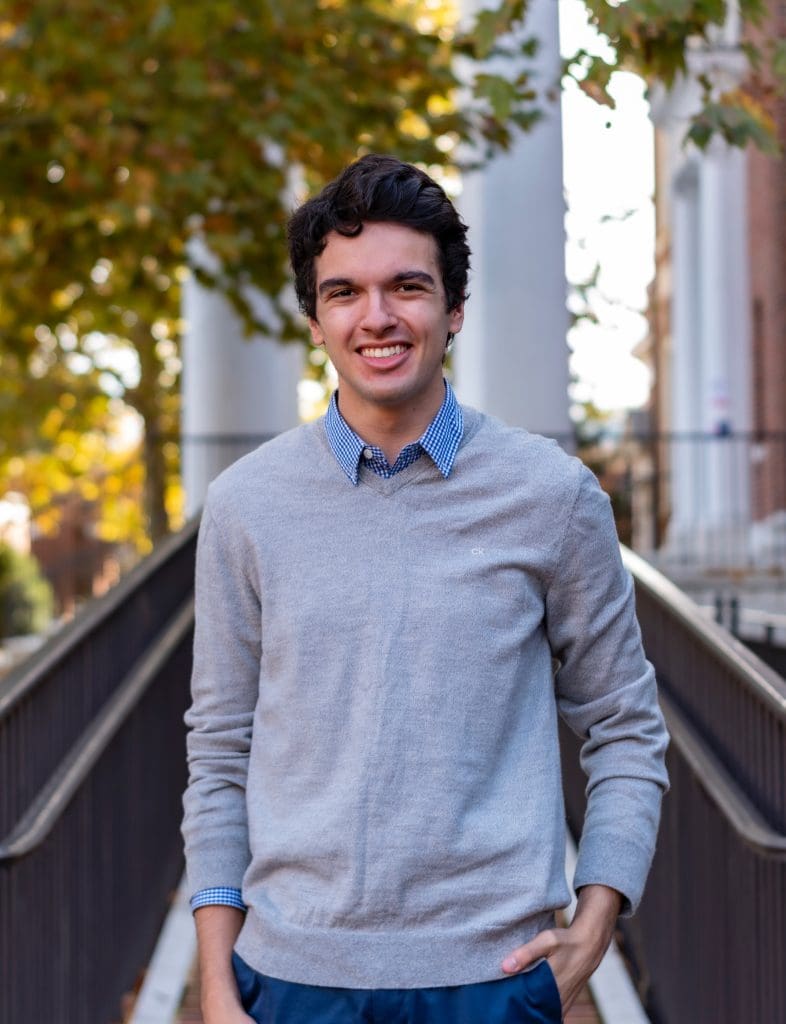
Class Of 2024
The White Coats of Empire: Medicine and La Mission Civilisatrice in Pre-Protectorate Morocco
How did you come to this work?
In my senior thesis, I question how the research interests and experimental endeavors of French scientists – especially microbiologists – shaped the colonial agenda of the Third Republic. I ground these studies in pre-protectorate Morocco, wherein French bioscience manifested as an influential site of both imperial power and resistance. At the core of this research, I explore how the French configured tropical medicine as an epistemological colonization of the body and construed their ‘civilizing mission’ as a scientific expedition.
My earliest fascination in this work was sparked by pure happenstance, familiarizing myself with the geography of Ho Chi Minh City, Vietnam for a class project last year. Formerly known as Saigon, the urban street names were transformed from their original French names to Vietnamese upon the decolonization of Indochina. This metamorphosis was a symbolic gesture aimed at shedding the vestiges of imperialism and embracing a new era of national sovereignty. However, a subtle exception emerged upon further study of this urban landscape: only three French street names remained in the heart of Ho Chi Minh City to this day. Even more fascinating, each of these street names bore the name of a Belle Époque microbiologist: Louis Pasteur, Albert Calmette, and Alexandre Yersin. These enduring appellations serve as a poignant reminder of colonial science’s impact and prompted me to examine if similar patterns emerged in French North Africa. Indeed, there were innumerable accounts of how colonial medicine intersected and disrupted the Magrheb’s social fabric.
What resonated with you as you conducted your research?
I was particularly intrigued by the tension between medicine, religion, and identity in Moroccan resistance during the early twentieth century. In my final chapter, I spotlight the assassination of French physician Emile Mauchamp (1907). I interpret the microhistory of Mauchamp’s death not only as a political repossession of Moroccan sovereignty, but a symbolic reclamation of the body politic. I argue that French colonists sought to transform not only the Moroccan people – but the entire nation – into a malleable patient subject to the trial and error of Pastuerian biomedicine.
Do you plan on continuing this work? If so, in what way?
I hope to expand my senior thesis in postgraduate study, investigating how historical injustices and structural violence reverberate in modern healthcare systems and perpetuate medical inequity. Ultimately, I hope to transform this historical knowledge into ethical frameworks for culturally-informed medical humanitarianism. Like all my research, this project is driven by a steadfast commitment to community empowerment in the shifting landscape of neocolonial global health.